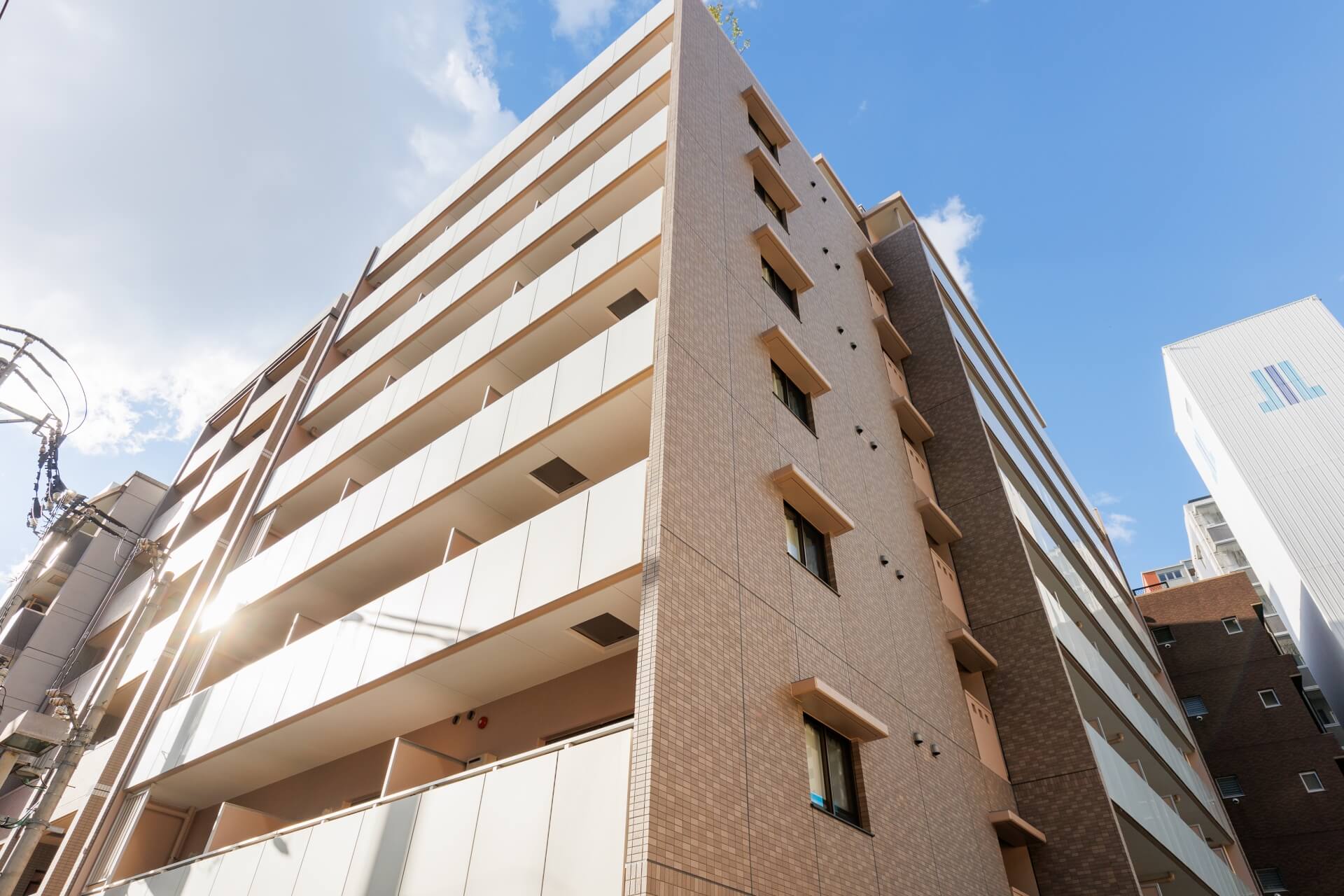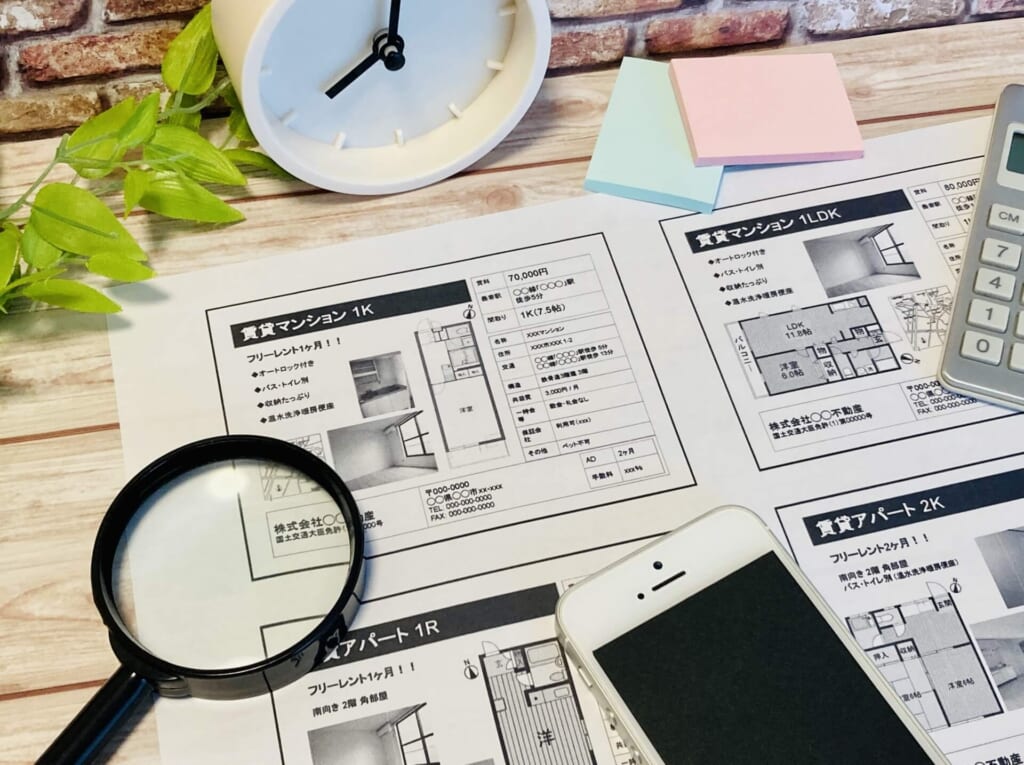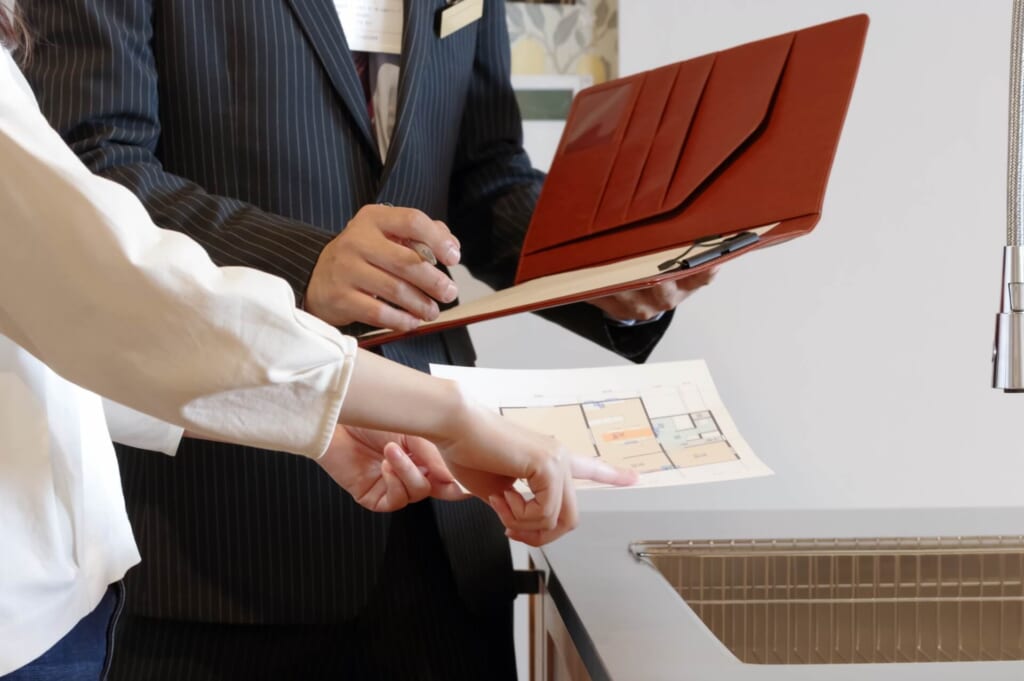A Full Guide to Buying Apartment Buildings in Japan
Guide to Buying Apartment Buildings in Japan

For those interested in purchasing apartment buildings in Japan, it is crucial to understand the procedures and considerations involved. Real estate investment in Japan is an attractive option, and depending on the market conditions and location, it can yield high returns.
However, it is also important to gather information about reliable real estate agents and local market conditions. Evaluating the building’s condition, occupancy rates, and future added value is necessary to fully understand the risks and returns of the investment.
Additionally, legal and tax regulations, as well as currency exchange risks, should be considered. Purchasing apartment buildings in Japan can be a successful venture with professional advice.
Benefits of Buying Apartment Buildings in Japan
The benefits of buying apartment buildings in Japan are numerous. Firstly, the real estate market is stable, making it suitable for long-term investments. Additionally, the demand from tourists and expatriates in Japan is increasing, which helps maintain high occupancy rates.
In urban areas, real estate prices are relatively affordable compared to the home ownership market, making it an attractive investment for investors. Furthermore, Japan’s legal system and transparency in real estate transactions offer a secure investment environment.
Owning apartment buildings can lead to increased revenue through property value appreciation and low vacancy rates. Renovations and refurbishments can also enhance the value of the property, leading to potential asset value growth.
Overall, buying apartment buildings in Japan offers a stable market environment, expanding demand, reliable legal systems, and the potential for asset appreciation. It is important to conduct thorough market research and consult with experts when considering a purchase.
Things to Know Before Buying
When considering the purchase of an apartment building, it is important to understand the following points.
Market Conditions and Demand
First, check the market conditions and real estate demand in your desired area. Different regions have varying demand characteristics, so it is essential to consider future occupancy rates and rental income prospects.
On-Site Investigation
Conducting an on-site investigation of the building’s actual condition and the land you are considering purchasing is crucial. Check the building’s durability, maintenance status, and the surrounding environment, and estimate future renovation or repair costs.
Legal Conditions
There are many legal conditions and regulations related to real estate transactions in Japan. For foreign investors, it is especially important to seek professional advice regarding ownership acquisition and tax rules.
By understanding these points and conducting thorough research, you can make more informed real estate investment decisions.
Current Market Conditions
Obtaining accurate information about current market conditions is extremely important when considering the purchase of an apartment building. In Japan’s urban areas, high-demand areas typically have stable occupancy rates, offering attractive profits for investors. Conversely, in some rural areas, population decline and oversupply can lead to lower occupancy rates and reduced rental income. Additionally, deregulation of housing loans for foreigners and increased inbound demand have expanded rental demand for foreigners in some urban areas.
Stay informed about the latest market trends through local real estate agents and market research reports. Understanding demand demographics, occupancy rates, and land price trends allows for more accurate evaluations of future profitability and risk.
Legal Requirements and Procedures
Purchasing an apartment building in Japan requires adherence to specific legal requirements and procedures. Foreigners must declare under the Foreign Exchange and Foreign Trade Act (FEFTA) when purchasing real estate in Japan. Additionally, loans from institutions like the Japan Housing Finance Agency (JHF) require meeting certain criteria.
When managing rental properties, legal regulations concerning tenant protection and lease contract conditions apply. Adhering to these legal requirements minimizes legal risks in real estate investment.
Taxes and Expenses
Buying an apartment building involves various taxes and expenses. Real estate transactions in Japan include registration and license taxes, stamp duties, and registration fees. Additionally, real estate acquisition tax and fixed asset tax are ongoing fixed costs associated with ownership.
Depending on the building’s condition, renovation costs and repair reserves may be necessary. Management company fees, professional fees, and insurance costs should also be budgeted.
Foreign investors should consider currency exchange fees and transfer fees. Understanding income tax, gift tax, and other taxes that may apply after purchase is crucial.
These taxes and expenses impact investment returns and yield calculations, requiring accurate estimates and planning. Seek expert advice to accurately understand taxes and expenses, and plan your purchase strategically.
Finding the Best Properties

When searching for the best properties, consider the following points.
Using real estate agents is effective. Agents are knowledgeable about market trends and property information, helping you find properties that meet your needs efficiently. Trusted agents provide accurate advice on property value and future potential.
Using the internet to search for properties extensively is also important. Many real estate portals and specialized websites allow detailed search settings to find ideal properties. Photos and videos provide preliminary insight into the property’s atmosphere and amenities.
Attending local real estate events and exhibitions is beneficial. These events offer opportunities to view many properties at once and expand your network with real estate professionals.
Finding the best properties requires proactive information gathering and evaluation, supported by agent assistance and thorough research.
Popular Areas and Their Characteristics
Understanding popular areas and their characteristics is crucial for foreign investors and those considering purchasing real estate. Major cities like Tokyo, Osaka, Nagoya, and Fukuoka are popular investment destinations in Japan, each offering unique opportunities.
Tokyo, a global city, offers diverse business opportunities and a vibrant real estate market. Osaka, known for tourism, dining, and commerce, has a stable population and a favorable investment environment.
Nagoya, an industrial city with many corporate headquarters, features a stable real estate market. Fukuoka, with active exchanges with Asia, shows economic vitality and has a wide gap in real estate prices between urban and suburban areas.
Understanding these characteristics helps identify optimal investment choices by considering each area’s future potential and risks.
Choosing Properties
When choosing properties, focus on the following points:
First, consider the region and location conditions. Assess proximity to schools, public transportation, shopping facilities, and leisure amenities, considering future tenant needs.
Next, check the property’s condition. Thoroughly inspect the building’s structure, equipment aging, and repair history. Also, understand the occupancy status and management company’s reliability.
Additionally, choose properties with future potential. Consider development plans, urban planning, and real estate market trends to predict future demand and value changes.
Finally, consider post-purchase operations and management. Evaluate occupancy rate stability and potential added value. Collaborating with reliable management companies and experts is key to success. Choose properties carefully by considering these points.
Step-by-Step Guide to Purchase
To purchase an apartment building in Japan, follow these steps:
- Clarify Purpose and Budget
Define your purpose and goals for purchasing the apartment building and consider your budget. Your investment goals will determine the appropriate properties and regions. - Research Regions
Research the Japanese real estate market, population trends, and regional supply and demand to identify suitable investment regions. Collect detailed data as values and demand vary by region. - Choose a Real Estate Agent
Select a reliable real estate agent to help you find properties. Real estate transactions in Japan typically involve agents, making their selection crucial. - Evaluate Properties
Conduct inspections and due diligence to assess the building’s condition, occupancy rates, rent levels, and future added value. Also, consider the surrounding environment and future development plans. - Legal Procedures and Contracts
Review contract terms, tax procedures, and legal regulations, seeking expert advice to proceed with contract procedures. Understanding Japan’s unique real estate transaction rules is essential.
Following these steps prepares you for purchasing an apartment building in Japan, bringing you closer to success.
Property Investigation and Evaluation
A crucial step in purchasing an apartment building in Japan is property investigation and evaluation. This step involves thoroughly examining potential properties and evaluating future investment value.
First, visit the location to understand the property’s location and surroundings. Investigate not only the building’s condition but also local infrastructure and future development plans.
Next, review occupancy rates, rent levels, and maintenance status. Consider current profitability and future growth and added value potential.
Consult local real estate experts and market specialists for valuable insights. Understanding unique market conditions and demand trends leads to successful investment decisions.

Evaluate potential renovations and upgrades. Long-term evaluation of the property’s potential and added value maximizes investment success.
Property investigation and evaluation are essential to avoid failure in purchasing apartment buildings. Thorough research and accurate evaluations ensure future success.
Contract Process
Here are some details about the contract process for purchasing an apartment building in Japan.
First, once you decide on a property, the seller and buyer sign a sales contract. The contract specifies terms such as payment, delivery date, and cancellation conditions, requiring careful attention.
Next, prepare documents for delivery. Both the seller and buyer prepare necessary documents for property transfer on the delivery date. Final payment and property registration transfer occur at delivery.
Finally, complete registration procedures. The new owner is officially recorded on the property register, transferring ownership to the buyer. The process includes paying stamp duties and registration license taxes.
Seeking advice from real estate agents and experts ensures smooth contract processes. Understanding and reviewing contract documents prevent potential issues.
Apartment Buildings as Investments
When considering apartment buildings as investment targets, it is essential to evaluate profitability and long-term prospects carefully.
First, analyze the local market demand, rent levels, and occupancy rates to understand the regional real estate market. Next, check the building’s condition, degree of aging, and need for major repairs, considering future maintenance costs. Also, analyze cash flow, return on investment, and payback period. Additionally, understand local laws, regulations, and tax systems to devise strategies for maximizing investment profits.
Careful and detailed analysis increases the likelihood of successful apartment building investments.
Profitability and Risk
When evaluating the profitability and risk of apartment buildings, consider the stability of rental income, the building’s condition, market demand trends, and future added value. Conversely, monitor risks such as occupancy rate fluctuations, maintenance costs, and regional economic impacts.
Investors should balance profitability with risk by conducting thorough research and devising risk management strategies.
Long-Term Operation Perspective
Investing into apartment building requires a thorough long-term perspective. Long-term operation adapts to real estate market changes and value fluctuations. It ensures stable cash flow and asset appreciation. Long-term operation enhances building value and stabilizes rental income.
Additionally, regional redevelopment and infrastructure improvements can increase asset value. Long-term operation requires proper building management, maintenance, and tenant relations. Appropriate rent settings and tenant-responsive upgrades support long-term operation.
Also, consider future inheritance or sale strategies. Long-term operation involves consulting experts and detailed planning for successful investment.
Frequently Asked Questions (FAQs)
Below are common questions about buying apartment buildings:
Foreigners generally need to have a residency status in Japan or be registered as a corporation. Foreign Exchange and Foreign Trade Act procedures are also required.
Management is typically outsourced to specialized management companies. They handle tenant recruitment, rent collection, and maintenance arrangements, managing daily operations on behalf of building owners.
Benefits include multiple revenue streams from owning several units in one building and potential profits from property value appreciation.
For more detailed questions, consult experts or specialized real estate agents.
Conclusion
Purchasing apartment buildings is a promising option for investors and individuals or businesses considering real estate purchases in Japan. Japan’s real estate market is stable, with high demand in some regions.
Thoroughly research market conditions, location, and building condition to assess risks and returns. Collaborate with reliable real estate agents and local experts to gather information and succeed in investments. Consider Japanese laws, taxes, and currency exchange risks, seeking expert advice to mitigate risks.
Careful planning and research are crucial for successful investments, potentially leading to future profits. When considering purchasing apartment buildings in Japan, consult experts for cautious and strategic decisions.
